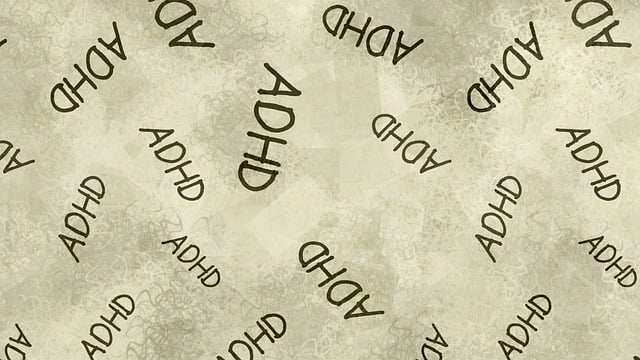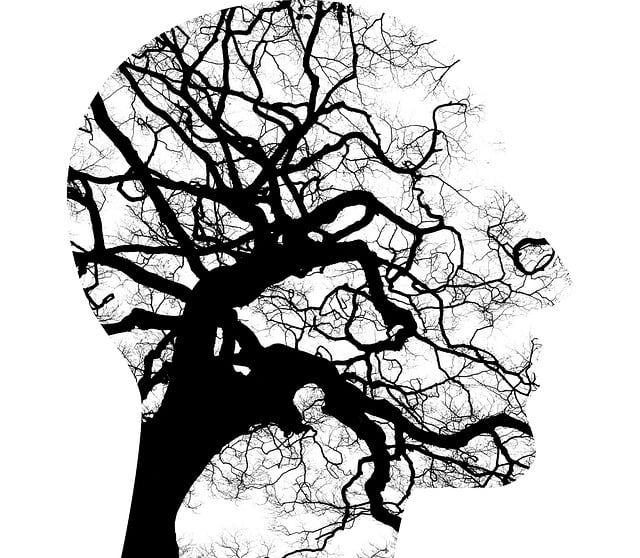Mental Wellness Coaching offers a transformative approach to improve mental health, focusing on conditions like Englewood Conduct Disorder. Personalized sessions, led by trained coaches, help individuals identify negative thought patterns and develop coping mechanisms through communication strategies, mental health education, and stress management workshops. Effective programs integrate evidence-based techniques, regular feedback, and community outreach to reach diverse populations. Implementing these coaching programs in community settings, such as schools or faith-based organizations, fosters inclusivity. Measuring outcomes using structured assessments and client feedback ensures personalized approaches that enhance emotional resilience.
Mental wellness coaching programs are gaining prominence as effective interventions, particularly in addressing issues like Englewood Conduct Disorder Therapy. This article delves into the comprehensive development of such programs, exploring their potential impact on mental health. We’ll discuss identifying target populations, designing evidence-based strategies, and successful implementation in community settings. Additionally, key metrics for evaluating outcomes will be highlighted, offering a roadmap to enhance and measure the effectiveness of coaching interventions tailored to address conduct disorder therapy needs.
- Understanding Mental Wellness Coaching and Its Impact
- Identifying Target Populations for Englewood Conduct Disorder Therapy
- Designing Effective Coaching Programs: Key Components
- Implementation Strategies for Success in Community Settings
- Measuring Outcomes and Evaluating the Effectiveness of Coaching Interventions
Understanding Mental Wellness Coaching and Its Impact

Mental Wellness Coaching is a transformative process that empowers individuals to navigate and improve their mental health. It involves a trained coach who provides guidance, support, and evidence-based strategies to help clients manage stress, anxiety, depression, or even conditions like Englewood Conduct Disorder. Through personalized sessions, coaches assist clients in identifying negative thought patterns, enhancing self-awareness, and developing effective coping mechanisms.
This coaching approach has gained prominence due to its positive impact on overall well-being. By combining communication strategies, mental health education programs design, and stress management workshops organization, coaches create a safe space for individuals to explore their emotions, set goals, and develop resilience. This holistic process not only treats symptoms but also fosters long-term mental wellness, potentially reducing the need for more intensive interventions in the future.
Identifying Target Populations for Englewood Conduct Disorder Therapy

Identifying specific target populations is a crucial step in developing effective Englewood Conduct Disorder Therapy programs. This disorder often presents distinct challenges for different age groups and demographics, requiring tailored interventions. For instance, adolescents facing conduct disorders may benefit from Social Skills Training to enhance their interactions and curb problematic behaviors. Similarly, adults experiencing burnout within high-pressure professions can greatly gain from Coping Skills Development programs aimed at stress management and resilience.
By focusing on these targeted populations, coaches can design personalized coaching strategies. Engaging individuals in activities that foster self-awareness, emotional regulation, and healthy coping mechanisms is key. Tailoring therapy to address the unique needs of each group ensures better engagement and positive outcomes, whether it’s preventing burnout or improving social interactions.
Designing Effective Coaching Programs: Key Components

Designing effective coaching programs for mental wellness requires a structured approach that caters to diverse individual needs. A successful program should incorporate several key components, such as personalized goal-setting, evidence-based techniques, and regular feedback mechanisms. Coaches play a vital role in guiding individuals through their unique journeys, fostering self-awareness, and building resilience. By integrating strategies from renowned therapies like Englewood Conduct Disorder Therapy, coaches can effectively address specific challenges while promoting positive behavioral changes.
Moreover, including elements of stress management workshops within the program can enhance participants’ coping mechanisms. These workshops, often organized by Stress Management Workshops Organization, teach practical skills for anxiety relief and emotional regulation. Community outreach program implementation is another strategy worth considering, as it broadens access to mental wellness coaching, making it available to diverse populations. This inclusive approach ensures that individuals from various backgrounds can benefit from evidence-based coaching methodologies tailored to their specific requirements.
Implementation Strategies for Success in Community Settings

Implementing successful mental wellness coaching programs in community settings requires a strategic approach tailored to the unique needs and challenges present. One effective strategy is to integrate these programs into existing community resources, such as local schools, community centers, or faith-based organizations. By partnering with these entities, coaches can reach a broader audience and create a more inclusive environment for participants. For instance, engaging with at-risk youth through after-school programs or youth clubs can offer a platform to introduce coaching techniques aimed at preventing conduct disorders like Englewood Conduct Disorder Therapy.
Additionally, community partnerships facilitate collaboration and resource sharing, which are vital for long-term sustainability. Encouraging peer support and self-esteem improvement initiatives can help build resilience among participants, fostering emotional healing processes. Moreover, these collaborative efforts should be accompanied by Mental Illness Stigma Reduction Efforts to create a supportive atmosphere where individuals feel comfortable seeking and engaging in mental wellness coaching.
Measuring Outcomes and Evaluating the Effectiveness of Coaching Interventions

Measuring outcomes and evaluating the effectiveness of coaching interventions is a crucial aspect of any mental wellness program. By implementing structured assessment tools and qualitative feedback mechanisms, coaches can gain valuable insights into the progress and experiences of their clients. This data enables them to tailor their approaches, ensuring that each session aligns with the unique needs and goals set by the individual.
For instance, in the context of Englewood Conduct Disorder Therapy, evaluating emotional regulation skills through pre-post tests can highlight significant improvements. Additionally, client self-reports and regular check-ins facilitate a deeper understanding of the therapeutic process. Integrating these evaluation methods allows for a holistic view of mental wellness progress, including not just symptom reduction but also the cultivation of compassion and emotional resilience through practices like compassion cultivation.
Mental wellness coaching programs, particularly tailored for at-risk populations like those with conduct disorders, have the potential to significantly improve individual well-being. By integrating key components such as goal setting, skills development, and support systems, coaches can create a transformative environment. Effective implementation in community settings, coupled with rigorous outcome measurement, ensures that interventions like Englewood Conduct Disorder Therapy are not only successful but also sustainable. This holistic approach promises a brighter future for mental health management, offering personalized guidance to those who need it most.








